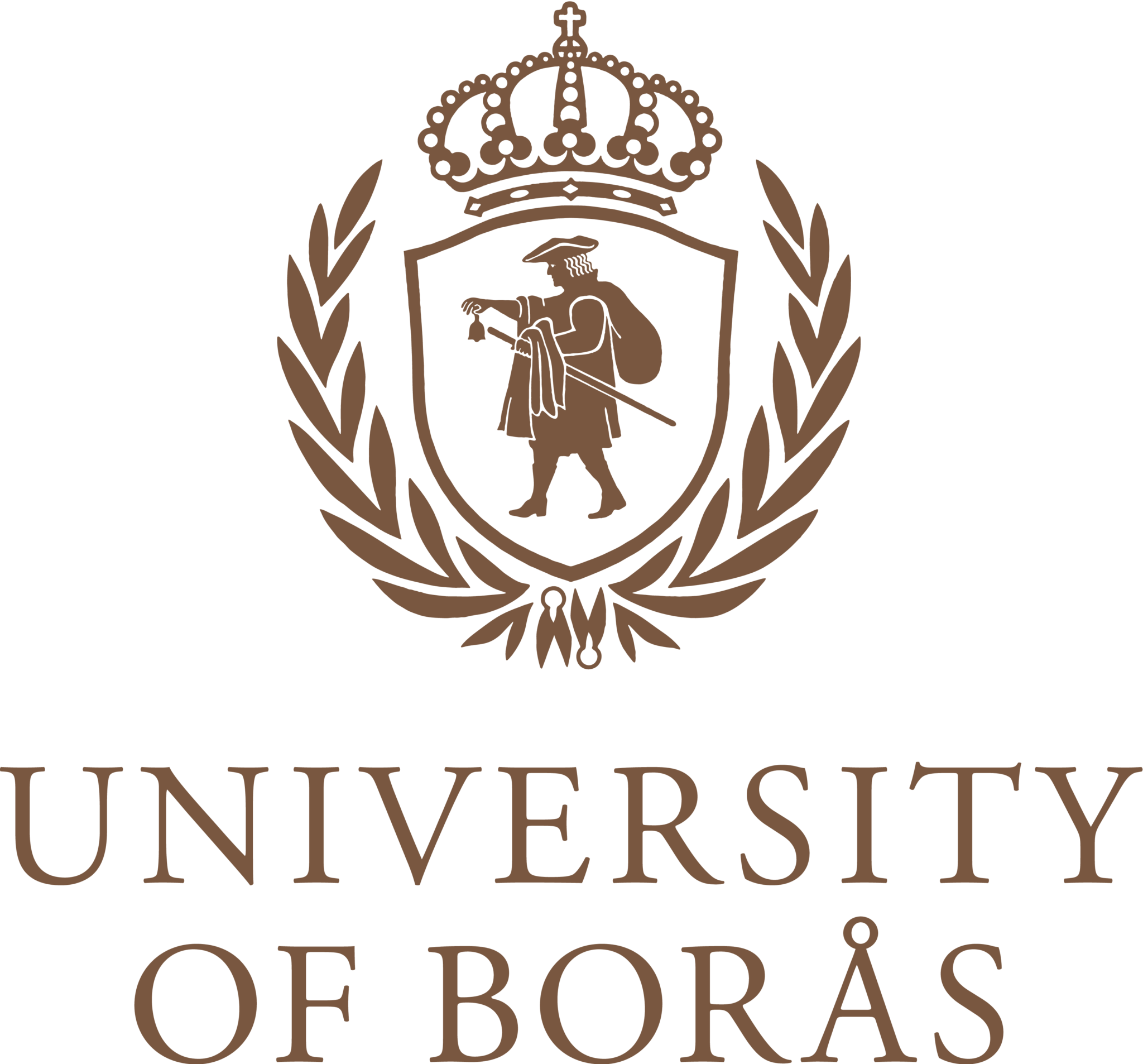SCRR: Pioneering Sustainable Waste Valorization
The Swedish Centre for Resource Recovery (SCRR) at the University of Borås is a leading institution in the field of resource recovery and circular economy. As a core partner in the INBIOWAL project, SCRR brings its unparalleled expertise in biotechnological processes and waste-to-energy innovations. Its primary focus is on transforming oil industry by-products into valuable resources, such as microbial biomass and bioenergy products, aligning with INBIOWAL’s mission to revolutionize waste valorization.
Role in INBIOWAL
SCRR leads Microbial Biomass Production, a key research area under Work Package 5 (WP5). The center’s responsibilities include:
- Developing innovative biotechnological processes to convert by-products from the edible oil industry, such as expeller, soapstock, and sludge, into high-protein microbial biomass.
- Producing metabolic by-products like volatile fatty acids, hydrogen, and methane through integrated, waste-free technologies.
- Scaling up laboratory findings into industrially relevant processes that support sustainable industries such as bioenergy, agriculture, and bioplastics.
SCRR’s leadership ensures that INBIOWAL’s microbial biomass production research is both scientifically robust and industrially applicable.
Research Excellence and Achievements

Pioneers in Resource Recovery
- SCRR has a global reputation for its contributions to waste-to-energy technologies and resource recovery. Their work has been instrumental in advancing biotechnological solutions that integrate environmental sustainability with economic feasibility.
- The center is a recognized thought leader in circular economy practices, with a proven track record of developing scalable, eco-friendly solutions.

Biotechnological Innovations
- SCRR has successfully implemented microbial cultivation systems for producing valuable biomass from industrial waste streams.
- Their groundbreaking work in anaerobic digestion has led to the efficient production of renewable bioenergy products like methane and volatile fatty acids.

Sustainability Leadership
- SCRR emphasizes waste-free technologies, minimizing environmental impact while maximizing resource utilization.
- The center actively collaborates with industries to adopt sustainable practices, driving global progress in circular economy models.

International Projects
- Successful participation in high-profile initiatives like Ways2Taste (transforming organic waste into edible biomass) and FULLRECO4US (global collaboration on waste valorization solutions).
- SCRR’s researchers produce over 200 peer-reviewed publications annually, highlighting their leading role in the global scientific community.
Key Contributions to INBIOWAL
SCRR’s work within INBIOWAL focuses on converting oil industry by-products into valuable resources. Key activities include:
- Microbial Biomass Cultivation:
- Selecting optimal strains of edible filamentous fungi for high-protein biomass production using media derived from oil industry by-products.
- Scaling up biomass cultivation to test efficiency under industrial conditions, ensuring feasibility for real-world applications.
- Integrated Waste-Free Processes:
- Developing methods to recover valuable components like free fatty acids and phospholipids through membrane separation technologies.
- Utilizing solid residues and leachates for anaerobic digestion to produce methane, volatile fatty acids, and hydrogen.
- Process Optimization and Scalability:
- Conducting composition analysis of by-products to inform process improvements and maximize yield.
- Optimizing pre-treatment methods to enhance the usability of substrates for microbial growth and bioenergy production.
- Industrial Applications:
- Developing biotechnological solutions for sustainable agriculture, renewable bioenergy, and bioplastics industries.
Infrastructure and Expertise
- State-of-the-Art Facilities:
- SCRR is equipped with advanced laboratories for bioprocess engineering, including systems for anaerobic digestion, microbial cultivation, and biogas analysis.
- Their pilot-scale facilities enable researchers to test and scale up laboratory findings, bridging the gap between research and industrial application.
- Expert Research Teams:
- SCRR’s multidisciplinary teams specialize in resource recovery, bioengineering, and environmental technology, ensuring comprehensive solutions to complex challenges.
- Collaborative Research:
- The center’s extensive partnerships with academic institutions and industries worldwide have established SCRR as a hub for innovation and knowledge sharing.
Engagement with Industry
SCRR’s strong focus on industrial collaboration ensures that their research findings translate into practical applications. Key aspects of their engagement include:
- Industrial Relevance: Designing microbial biomass production processes tailored to meet the needs of industries such as food, agriculture, and energy.
- Technology Transfer: Collaborating with companies to integrate biotechnological innovations into their operations, enhancing sustainability and efficiency.
- Academia-to-Business (A2B) Platforms: Organizing events and workshops to facilitate dialogue between researchers and industrial stakeholders.
Contribution to BIOREF4FUTURE
SCRR is actively involved in establishing the BIOREF4FUTURE Center of Excellence, a hub for waste valorization technologies. Their role includes:
- Supporting the development of scalable microbial biomass production processes for commercialization.
- Collaborating with industry partners to promote the adoption of waste-free technologies.
- Contributing to the center’s vision of creating spin-offs and startups focused on biotechnological innovation.
Global Collaboration and Training
SCRR is committed to fostering the next generation of researchers within INBIOWAL:
- Mobility Programs: Hosting long-term internships for researchers and students from partner institutions, providing hands-on experience in biotechnological processes.
- Workshops and Training: Sharing expertise in microbial biomass production and resource recovery with international participants.

